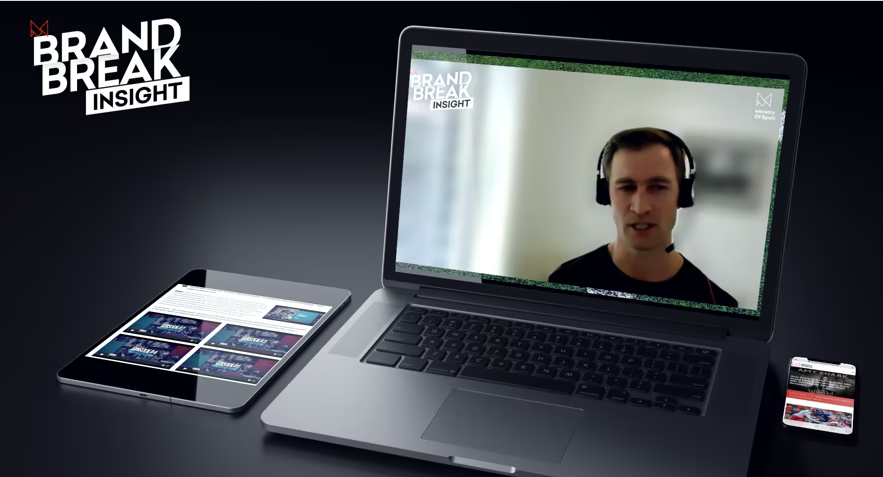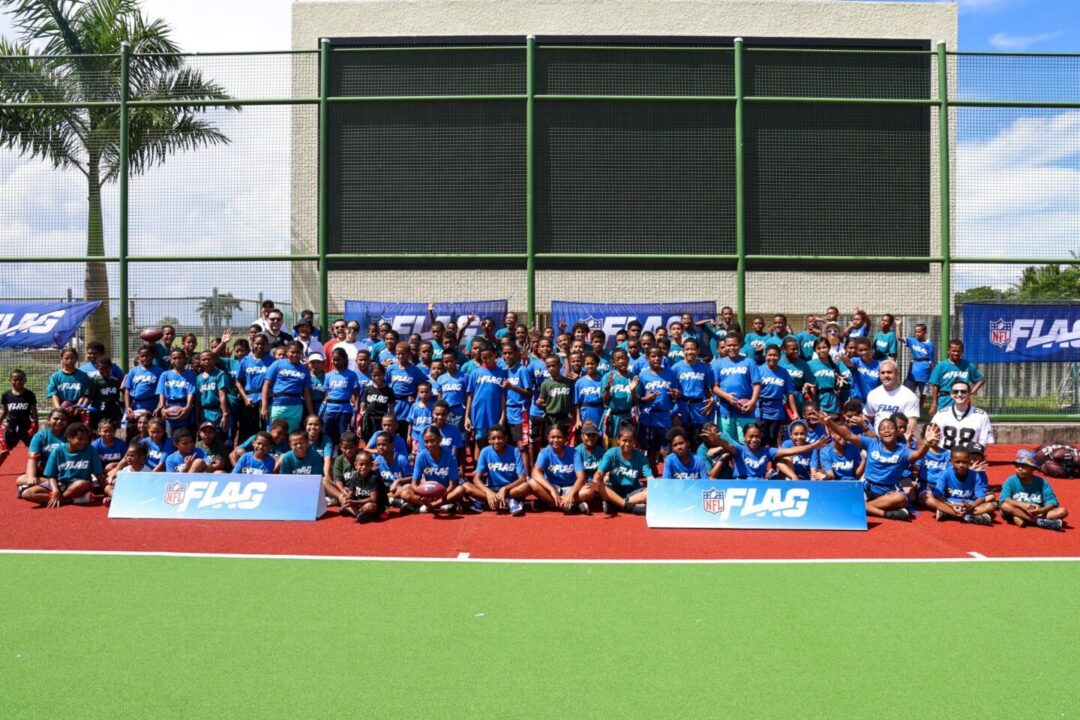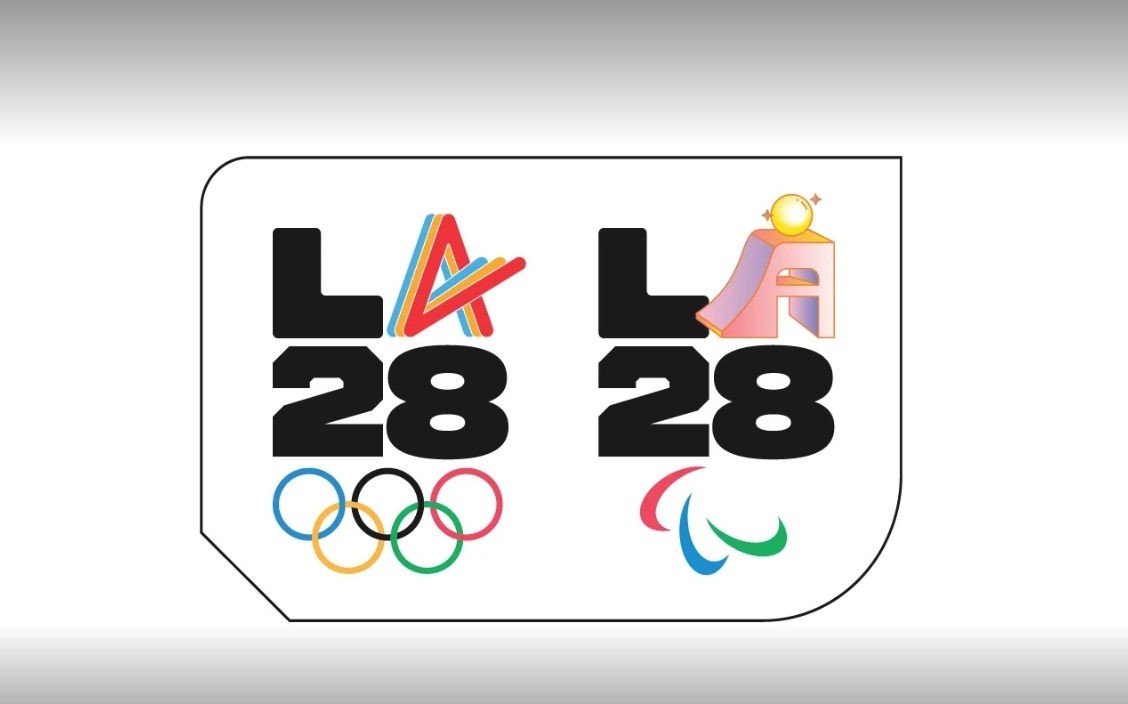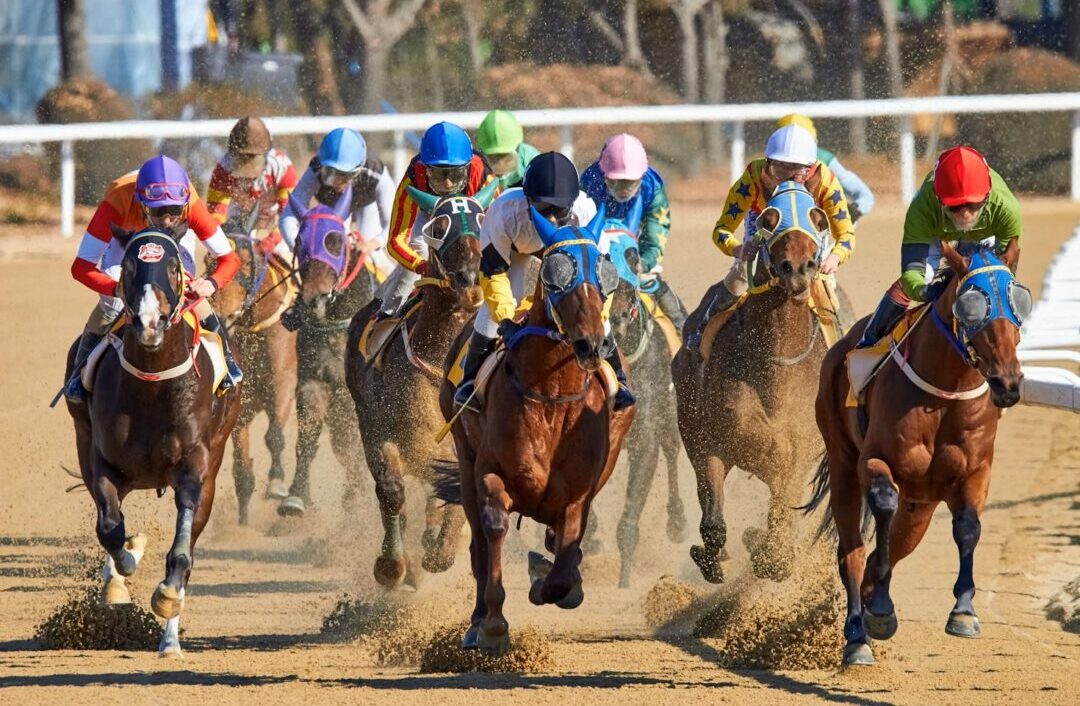In an interview with Ministry of Sport, nib Group health funds chief executive – Australian Residents Health Insurance, Ed Close, spoke about the organisation’s commitment to equal representation of men’s and women’s sport partnerships.
After recently signing on as the principal sponsor of the Newcastle Knights NRLW team and the Auckland Blues women’s team, as well as extending their partnership with the Richmond Football Club’s AFLW side, nib’s brand partnerships portfolio is equally represented by men’s and women’s sport.
Discussing the achievement, Close said the commitment to equal representation is a part of the organisation’s broader strategy to diversify.
“A big part of what we’ve been looking at more holistically beyond sponsorship is diversification of our growth strategy, but also our broader business strategy to appeal to all Australians and New Zealanders,” Close told Ministry of Sport.
“A big part of that is shifting the way we operate, the products and services we take to market, and underpinning our sponsorship assets.
“It was a really easy decision to think about, historically, we had gone to market with the three main sporting teams being Newcastle Knights, Auckland Blues, and Richmond Tigers, highly engaged with men’s teams.
“Now we are putting equal weight into each of the women’s teams under those codes and having some equal representation there.
“We think it was an obvious decision to make sure we reflect the communities we operate within, and when those opportunities presented, we were really keen to jump on board,” he said.
Speaking about the return on investment for the partnerships with women’s sporting organisations compared to men’s, Close said the move is about both commercial growth and opportunity as it is about diversification.
“We are seeing some really positive lead indicators around the engagement levels within the audiences, albeit typically a smaller base, we see really good engagement levels,” Close said.
“And there’s a range of research that supports that, so that was one of the determining factors of how we make sure there’s commercial sustainability with these arrangements.
“We are seeing some positive engagement already through different channels and one of the other points we looked at, when we look at health insurance more broadly, research highlights it is typically the female in the household which is the decision maker for which health insurer they are going to go with and determining that level of cover for them and their families.
“There’s strategic rationale as well to make sure we’re appealing to that decision maker in households.
“Those data points give us the confidence that we’re very much in this for the long term, both for the diversification perspective and the commercial opportunity perspective,” he said.
When asked what advice he would give brands thinking about investing in women’s sport sponsorship opportunities, Close said: “I would highly encourage all organisations thinking about sports sponsorships to get on board.”
“We think there’s a lot of opportunity to grow with the codes as they develop and create their own identities.
“We’ve seen that accelerate so quickly over the last 3-5 years when you look at the major sporting codes both over winter and summer sports.
“We’ve seen some leading organisations and brands within Australia really get behind them, so we see there’s a bigger opportunity that if we wanted to continue to drive that further diversification and equality in the sporting community at all levels, big organisations are going to be fundamental to their success.
“It was a bit of a no-brainer, and I would be strongly advocating all brands considering it to get on board early and look to develop those partnerships, and you’ll see commercial gains off the back of that,” he said.
On how nib plans to further extend their commercial partnerships in sport and further support women’s sport, Close said community participation will be crucial.
“It’s also about looking at how we can support participation, historically, your typical metrics around success factors for sport sponsorship are at the awareness level when you’re looking at eyeballs and you’re looking at some of those key marketing metrics,” Close told Ministry of Sport.
“Of course they will still be important when you look to the future, but we’re really interested now in this health partner lens we are taking the business forward in.
“How do we really get into the community and drive participation.
“It’s very much in our best interest to put health and wellbeing as the determining factor around sports sponsorship, if we’re seeing an uplift in participation across all codes, we just want all Australians to get out there and get active,” he said.







